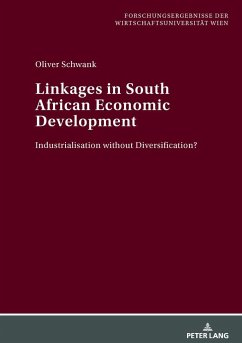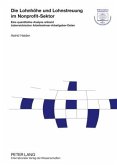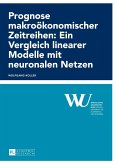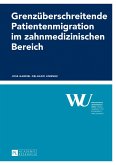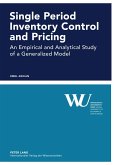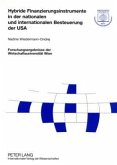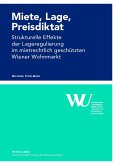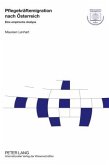How can South Africa diversify its industrial sector so that it is less dependent on mineral exports, increases labour absorption and reduces unemployment? This book sheds more light on the structure of South Africa's economy, its industrial sector and inter-sectoral linkages by simulating an economic geography model of the vertical linkages type, by testing linkage strength econometrically and by analysing industrial policy's role in shaping its development path. It finds that linkages did play an important role in industrial development in South Africa, yet they have often been reinforced by policy interventions. Industrial policy is still geared to benefit the sectors close to the country's mineral endowment, and thus contributes to South Africa's lopsided industrial development.
Bitte wählen Sie Ihr Anliegen aus.
Rechnungen
Retourenschein anfordern
Bestellstatus
Storno

